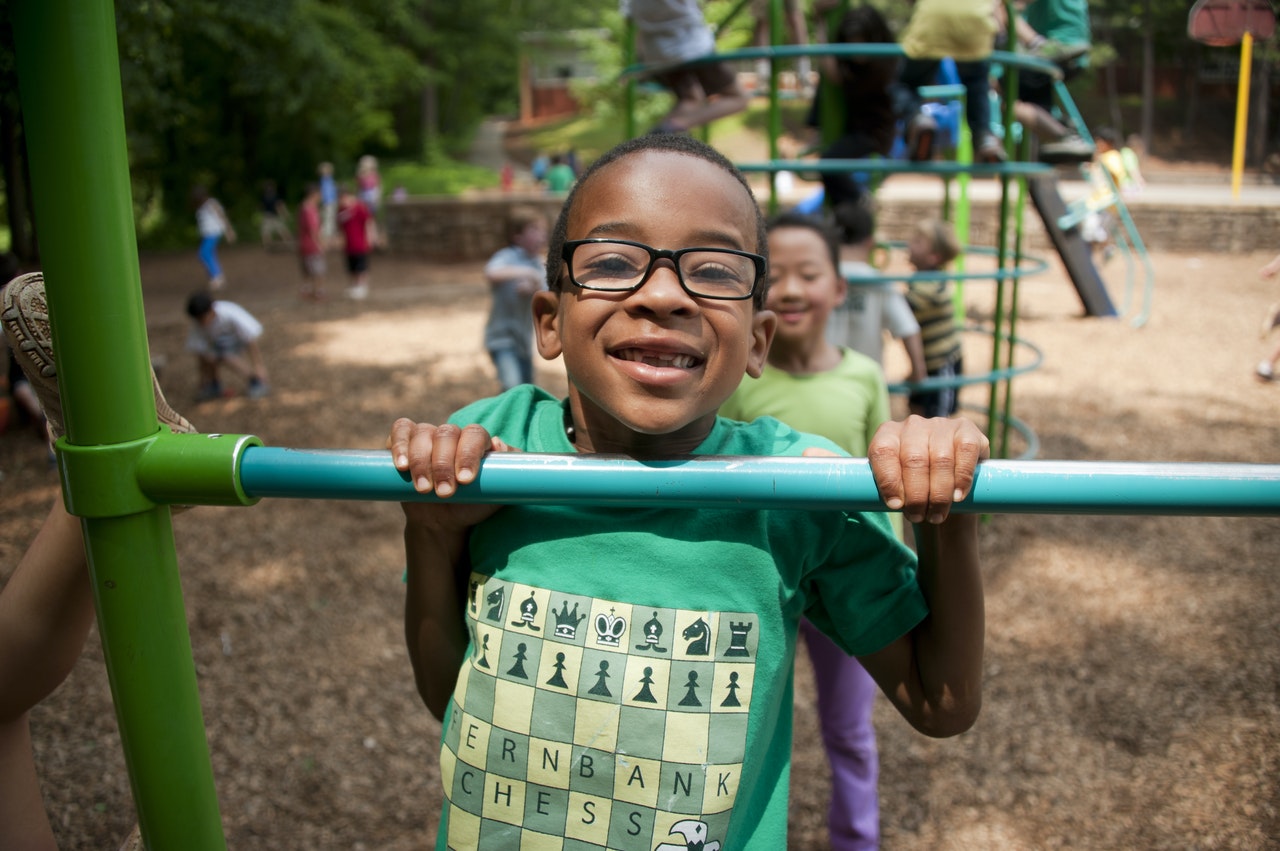Published May 27, 2021
There’s so much to consider when choosing the right kindergarten program for your child.
We’ve created this tool to help you get the most out of your kindergarten tours, so be sure to take a fresh copy with you to each school.
- Key resources to help you remember to ask the right questions on your kindergarten tours
- A complete list of resources and offerings you should expect from a modern kindergarten
- A reusable resource you can print out and take with you to each school tour, then compare before making your final decision
The Best Curriculum
Your child deserves a clear, precise curriculum that supports their development and prepares them to be successful in the years of education to come.
The Best Environment
Your child’s environment is just as important to facilitating learning as the curriculum itself. A healthy, stimulating learning environment is vital to success.
The Best Resources
Your child – and your family – are more than your education. A great school offers high quality support staff to help you and your child stay focused on learning.
What To Look For
Children’s educational needs at this age are simple, but very important. When searching for the right kindergarten for your little one, besure to look for these attributes. And don’t forget to take a copy of the Kindergarten Checklist with you!
A Caring Community of Scholars
Having positive relationships with teachers and with each other helps children feel like they belong and that everyone is important. Teachers have the largest impact on your child’s life next to your own. Your child’s relationship with their kindergarten teacher sets the tone for their expectations for school for the rest of their life. Be sure the teachers at the school you choose for your kindergartener have positive relationships with each other, and with their students.
Support for Children’s Development and Learning
Teachers set up the classroom, offer materials, and plan interactions that support children’s learning and interests. A great classroom is arranged for different types of learning: space for class meetings, tables where children work together in groups, and quiet spots for independent work. Children this age need to be interested to learn. Great teachers provide activities that interest children, challenge their skills, and help them love learning.
Learning Experiences Within the Curriculum
Your child’s school has a curriculum and goals that state what most kindergartners should know and be able to do, and how they will learn these things. Teachers use the curriculum to plan lessons and activities. They pay attention to what children are interested in, what they already know, and what they might be ready to learn next.
Children’s Development and Learning Assessment
Regular assessment helps teachers understand what each child has learned and what they might be ready to learn next. Using this information, they decide which materials, activities, and experiences to provide so children continue learning. Teachers should rely on multiple assessment tools, both formal and observational, to ensure none of the child’s abilities are overlooked.
Relationships and Support for Families
Children learn best when the adults in their lives create a positive, consistent environment for them at home and at school. That’s why teachers should work hard to build trusting relationships with families. They know that you are the most important people in your child’s life. To partner with families, teachers listen to families’ goals and concerns and encourage families to participate in their child’s education.
Kindergarten is such an important time in your child’s life—and in yours, too. With support from you and from knowledgeable, caring teachers, your child will see kindergarten—and school—as a fun, fair, great place to learn.
With a strong foundation built, your child will be ready for the rigorous, constructive curriculum they deserve in the years ahead. And together, you can enjoy many learning opportunities leading to your child’s life-long success!
